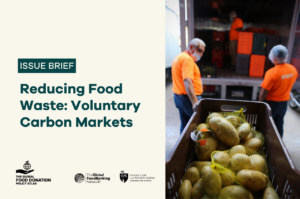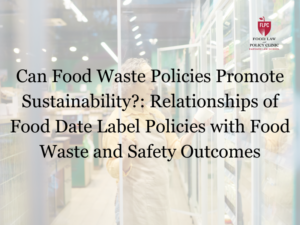By Health Law and Policy Clinic 2L student, Daniel Albert-Rozenberg
This November, thousands of public health professionals gathered in Boston at the American Public Health Association (APHA) Annual Meeting & Expo to discuss pressing public health issues of the day. Across panels on topics ranging from Covid-19 to maternal mortality, some common themes emerged. One important one: public health advocacy is becoming increasingly politicized. Doctors, researchers, and local public health department officials who previously worked in obscurity now face skepticism and at times even hostility simply for doing their jobs.
Presenters at the November 6th APHA panel Advocacy for Leaders: Rebuilding Public Health Political Advocacy to Support Racial & Health Equity in a Polarized Political Environment proposed some suggestions for government public health officials to more effectively engage with skeptical audiences. First, Scott Burris of the Center for Public Health Law Research noted that even when communities are reluctant to adopt measures advanced by their local and regional health departments, public health officials should strive to avoid developing an “us versus them” mentality. While it is important to be steadfast in relying on facts and science to guide public health responses to crises like COVID-19, being “right” should not turn into being “righteous”. Burris noted that although it may be easy to blame bad outcomes on unhelpful politicians, social media misinformation, or a misinformed public, “if you signed up for the job of public health, then the job you signed up for was to get stuff done in spite of the fact that the leaders are bad, the people on social media are mad,” and the public doesn’t know who to believe. “Those are our people! They’re the people we signed up to work with to get things done, not just in spite of, but through.”
Zoey Kernodle of the UNC Center for the Business of Health noted that while it is important for public health officials to maintain their political and social ideals when advocating for public health, it may sometimes be expeditious to not bring one’s “whole menu” of priorities to the table in every outreach. Kernodle shared a discovery from post-COVID-19 interviews with a series of (mostly Christian) faith leaders across North Carolina on their attitudes toward public health. In her interview with a religiously conservative pastor of a church that doesn’t traditionally ordain women ministers, the pastor noted that “if we look at a Venn diagram of what public health is interested in, and what we’re interested in, I would say that everything overlaps except maybe reproductive justice.” This conversation suggests that non-trivial policy advancements may be possible outside of areas of religious or political disagreement.
While a public health official who values issues such as reproductive justice (and its link to health equity) might find it practically or ethically challenging to engage with a community that disagrees on that value, limiting the scope of the official’s initial outreach may build a foundation for productive future conversations. This limited initial approach is fully consistent with being an avid public health advocate and supporter of gender and racial equality. Where trust in government is significantly eroded, establishing good-faith communication and small wins in less-controversial projects can rebuild the public support necessary for successful public health reform.


Health Law & Policy, Commentary
Freezing the Freeze: An Update on Litigation Challenging Trump’s Funding Freeze – HCIM
March 27, 2025